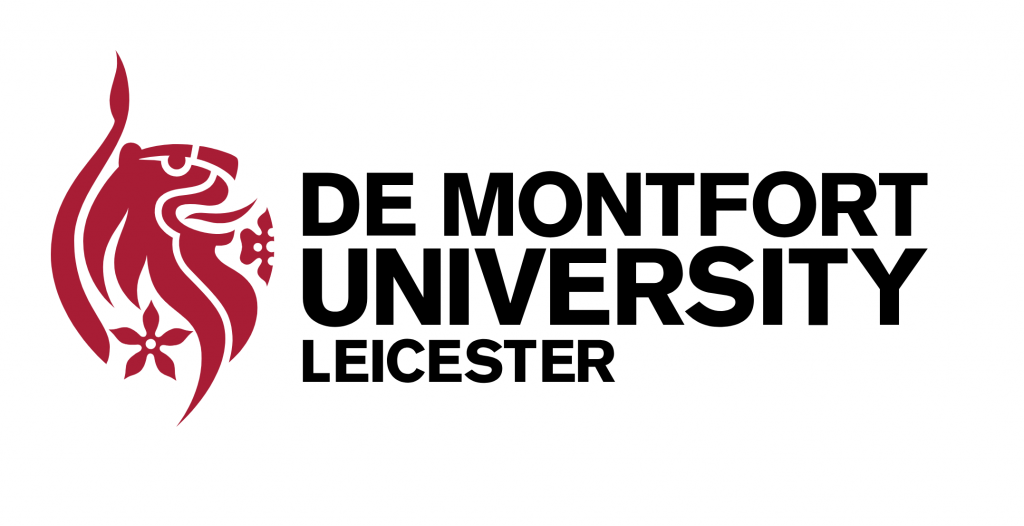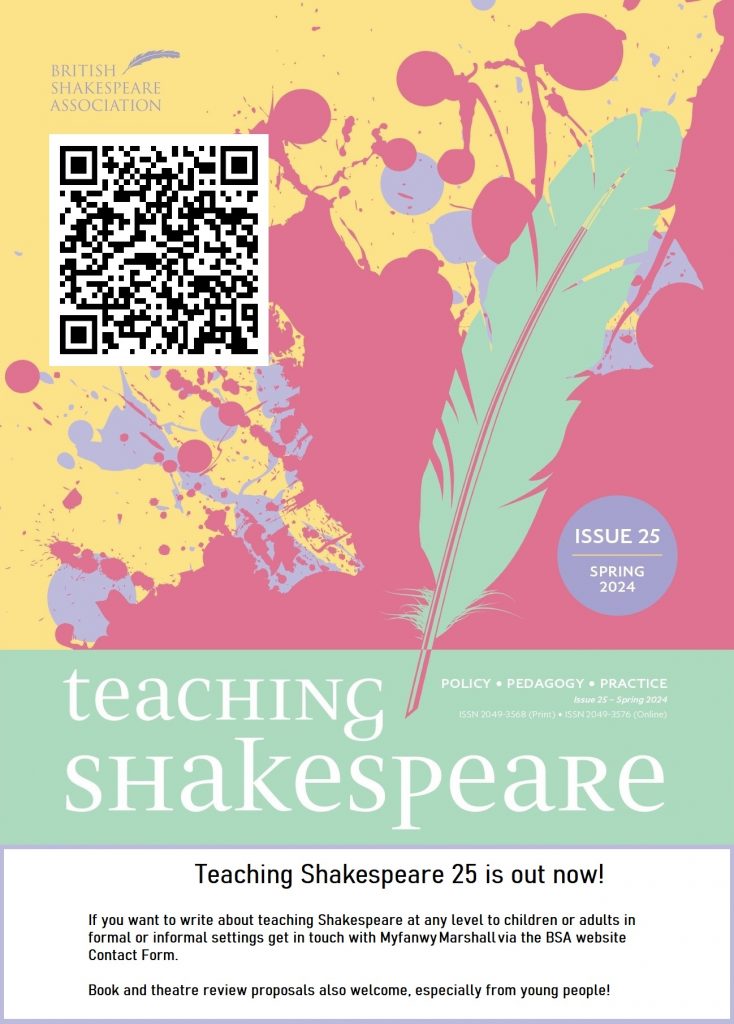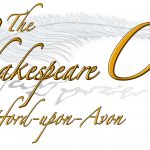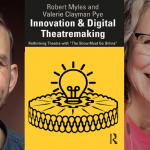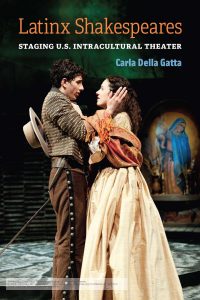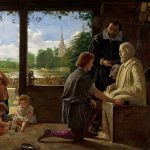
BSA 2024 Conference: Seminar Enrolment and CfP
11th December 2023
‘Shakespeare’s Writing Lives’ commemorating the 20th anniversary of the BSA’S journal, Shakespeare, 26-28 June 2024, De Montfort University, Leicester.
Commemorating 20 years of the journal, Shakespeare, this conference will be held where the journal began and will anticipate a diverse range of papers on the topic of Shakespeare’s Writing Lives which includes but is not limited to Shakespeare’s, his company’s and collaborator’s biographies, Shakespeare’s biographers, Shakespeare as biographer (encompassing his representation of historical figures), adaptations of Shakespeare’s characters, the ‘authentic’ Shakespeare and authenticating Shakespeare, candidates for the Dark Lady, playing William Shakespeare, fictional biographies (Hamnet on page and stage), and Shakespeare’s biographical legacies.
Submissions are now open for precirculated seminar papers and presentations to be delivered as part of panels.
How to Make a Submission
To enrol in a seminar OR submit an abstract for consideration as part of a paper panel, please log in to your BSA account and fill out the form in the ‘BSA 2024’ folder on your member’s dashboard: https://www.britishshakespeare.ws/log-in/
Deadline for Submissions
Seminar enrolment and submission of abstracts will remain open until 29th February 2024.
Panel Presentations
Please submit a title and a 200-word abstract via the online form. The maximum number of speakers per panel will be 4.
Seminar Enrolment
Seminars involve writing a short paper for pre-circulation within the seminar group, with the expectation that seminar participants offer feedback to one another and meet for in-person discussion during the conference. The maximum number of participants per seminar is 12. Please use the online form on your member’s dashboard to make your seminar selection and submit a 200-word abstract via the form on your member’s dashboard.
The seminar sessions on offer at the BSA 2024 conference are:
(1) Authenticating Shakespeare – What did Shakespeare Really Write? (Convenors: Gabriel Egan, De Montfort University and Brett Greatley-Hirsh, University of Leeds)
Recent studies have claimed that plays not previously included in the canon are at least in part by Shakespeare, including Arden of Faversham, The Spanish Tragedy, and Double Falsehood, and that plays long attributed to Shakespeare alone include others’ writings, including all three ‘Henry 6’ plays and ‘All’s Well that Ends Well’. How can we tell what is by Shakespeare and what is not? What difference do these determinations make for activities centred on named authors, including this meeting of the ‘British Shakespeare Association’? Contributors to this seminar are invited to describe new methods for attributing authorship, the application of existing methods to new cases, and reflect on actual or projected consequences of the changing consensus about what is and is not by Shakespeare.
(2) Shakespeare and Europe – The Writer and His Continent (Convenor: José Pérez Diez, University of Leeds)
Shakespeare was deeply steeped in a common European literary and cultural heritage that crossed the boundaries of nations, states, and sectarian religious divides. His engagement with classical Latin and Greek sources, as well as his knowledge of the developing themes and literary traditions of the other vernacular languages of the continent, are well attested. Conversely, his influence on the literature and culture of Europe since his death in 1616 has been all-pervading, and continues to grow today. This seminar investigates Shakespeare in and from a European context, both in his indebtedness to Renaissance European influences in his own time and historical context, and in his preeminent place in European culture across the centuries. Papers produced for this seminar may tackle any aspect related to Shakespeare’s work and legacy in European culture.
(3) Picturing Shakespeare (Convenor: Deborah Cartmell, De Montfort University)
Despite Ben Jonson entreaty to readers to ‘look / Not on his picture, but his book’, interest in the picture of Shakespeare has never gone away. The seminar will explore why, since the first appearance of Martin Droeshout’s engraving of Shakespeare, Jonson’s advice has been ignored. Papers are invited on visual representations of Shakespeare which could include Shakespeare portraits, Shakespeare branding, and Shakespeare’s visual representation, in painting, sculpture, theatre, film, television and other media. Topics we might explore are the persistence of Shakespeare’s image in popular culture, changing representations of Shakespeare, from ghostly professor to Hollywood heartthrob, global visualisations of Shakespeare, Shakespeare’s visual signifiers (the quill, the ruff, the signature) and the authenticating power of Shakespeare’s image.
It is hoped that papers in this seminar will include images.
(4) Shakespeare’s Players – Their Lives and Legacies (Convenors: Siobhan Keenan, De Montfort University and Tom Rutter, University of Sheffield)
Informed by the flourishing of early modern repertory and acting company studies, recent times have seen a growing recognition of, and interest in, the ways in which actors and acting companies collaborated with, and helped to shape, the plays written by Shakespeare and his contemporaries in the early modern period. Similarly, inspired by the emergence of ‘star’ theory and the rise of performance history, there is now a significant and growing body of work exploring the role of ‘Shakespearean’ actors in shaping the subsequent performance and reception of Shakespeare’s plays on stage and screen. This seminar aims to bring the latest work in these fields into conversation, by inviting colleagues to reflect afresh on the lives and legacies of Shakespeare’s players, past and present, as well as performers of early modern drama more generally, and how they have shaped our understanding and the reception of Shakespeare and the drama of his time across the globe.
This could include papers exploring (but not limited to): the relationship between Shakespeare / Shakespeare’s plays and individual actors and/or acting companies in his own day (such as the Lord Chamberlain’s / King’s Men); leading Shakespearean actors and/or Shakespeare-focused theatre companies of subsequent eras; studies of current Shakespearean actors / Shakespeare-focused companies (such as the Royal Shakespeare Company, the Globe Theatre); Global Shakespeare players; players in Shakespeare adaptations; Shakespearean casting practices (including in relation to matters such as gender, race, and disability); Shakespeare/Shakespearean actors on film and television; the concept and cultural value associated with being recognised as a ‘Shakespearean’ actor; the representation of Shakespearean actors and / or their lives in bio-fiction on the page or screen. Contributors are also welcome to address these topics as they relate to non-Shakespearean dramatists, actors and companies, and to the performance afterlives of other early modern playwrights.
(5) Shakespeare’s Fictional Afterlives (Convenor: Michael Davies, University of Liverpool)
Adaptations, alterations, imitations, continuations, offshoots, feed-offs, transformations, translations, transmutations, transculturations, revisions and re-visionings, versions, reconstitutions… As Daniel Fischlin and Mark Fortier acknowledge, there may well be ‘no right name’ for it, yet the rewriting of Shakespeare remains a major cultural phenomenon and a booming literary industry. In light of the ‘Hogarth Shakespeare’ series, commissioning major international authors over the last decade to ‘retell’ Shakespeare’s most well-known works, this seminar invites assessments and evaluations of contemporary prose fiction that reimagines Shakespeare’s plays, plots, characters (perhaps even Sonnets) in new ways for their readers. Avoiding adaptations for children (in the ‘Tales from Shakespeare’ tradition) contributors may focus on individual novels, short fiction, or collections of short stories. Alternatively, participants could consider and debate broader questions. How do writers and readers today navigate transitions in form, genre, and style from Shakespearean verse drama to prose fiction; from romance to realism; from the early modern to the postmodern? Is this retelling (and retailing) of Shakespeare creatively enabling or debilitating? What constitutes a ‘successful’ rewriting of Shakespeare? Is a canon of Shakespeare fiction emerging, and if so, on what basis? And has the phenomenon of Shakespeare retold (and resold) reached exhaustion? What might the future hold after Smiley, Updike, McEwan, Atwood, Sinclair…?
(6) The Parallel Lives of Stock Characters, or The Shakespearean Multiverse (Convenor: Miranda Fay Thomas, Trinity College, Dublin)
This seminar considers what happens when we re-locate familiar characters in new or unexpected places. European Renaissance drama was highly familiar with the idea of stock characters, a practice which enabled instant recognition of archetypes by audiences and allowed actors to prepare for roles faster in the limited time afforded by the repertory system. If all writing is re-writing, what changes when we think of these stock characters in new plays as having another shot at life, further opportunities to succeed, or to fail better? While Marvin Carlson’s notion of ‘haunting’ is a mainstay in contemporary theatre studies, we can also apply the idea of how actors and the characters they embody facilitate remembrance of (fictional) lives past during the early modern period. Once we move away from the naïve belief that all of Shakespeare’s characters are individuals, how might we re-conceive this act of theatrical recycling in ways that evoke new possibilities? How have ‘stock’ Shakespearean lives – his heroes, his lovers, his vice figures, and more – been relocated in different times, places, and genres? This seminar invites papers that engage with these central questions and welcomes approaches including (but not limited to) performance and theatre history, original practices, adaptation, global Shakespeares, audience studies, and fan studies.
(7) Shakespeare’s Community (Convenor: Geoffrey Marsh, former Head of Performance Department, Victoria and Albert Museum)
Shakespeare was a Londoner in his professional life — a resident, a tax-payer, a theatre owner – and also a commuter to his place of origin, Stratford-upon-Avon. The more we learn about Shakespeare’s professional life the more we find him living and working within particular communities that seem to have shaped his creations and his living habits. We now know that he worked closely with other theatre professionals not only in running the country’s most successful theatre company but also in composing its plays. We know where Shakespeare lived in London for much of his career and it seems that the people he lived around productively influenced his invention of unforgettable characters and situations. This seminar is concerned with what we know about the various residential and professional communities that Shakespeare lived and worked in, and the degree to which our knowledge of them should affect our understanding of his plays and poems.
(8) Shakespeare’s Lives in Performance (Convenor: Ollie Jones, University of York)
This seminar invites consideration of Shakespeare’s lives – both those of his characters and of Shakespeare as a character himself – in performance, on stage and screen. We invite papers which take as a central focus a key Shakespeare character, a Shakespearean actor (past or present) or Shakespeare himself as a fictional character.
Papers might address:
- Exploration of key characters from Shakespeare’s plays, their performance challenges and actors’ choices made in performance
- Reinvention or reinterpretation of Shakespeare’s characters through performance
- Shakespeare’s characters’ appearance outside of their plays
- Shakespeare as a character on stage and screen
- Actors’ diaries and memoires as a document – or revision – of practice
- The impacts of directorial choices, casting, and design on presentation of Shakespeare’s characters in performance
- The impacts on characters of staging interpretations or recontextualisations of the play to the moment of production
- Consideration of rehearsal room practice and discoveries, and practice-as-research explorations, are especially welcome.
(9) Lives of Shakespeare’s Contemporaries (Convenor: Lisa Hopkins, Professor Emerita, Sheffield Hallam University)
Topics could include (but are not limited to) the lives and careers of any of the contemporary dramatists (or other theatre professionals such as actors) whose lives and careers intersected with Shakespeare’s; contemporary and later representations of such lives; potential sources of biographical information; and the question of whether we know less or more about Shakespeare than we might expect.
(10) Shakespeare’s Historical Biographies (Convenor: Alison Findlay)
‘There is a history in all man’s lives / Figuring the nature of the times deceased / The which observed, a man may prophesy / With a near aim, the chance of things / As yet not come to life’ pronounces Warwick (2 Henry IV, 3.1.75-9). Shakespearean historical biography looks backwards and forwards simultaneously, as figured in Tudor rewritings of Richard III, the exhumation and royal reburial of Richard’s skeleton in Leicester, and Philippa Langley’s most recent quest to prove the escape of the Princes from the Tower. Norman Rabkin argues that Shakespeare’s historical biography looks both ways ideologically as well, using Gombrich’s rabbit-duck illusion to reveal a Janus-faced quality in Henry V, which ‘points in two opposite directions, virtually daring us to choose one of the two opposed interpretations it requires of us.’ This seminar invites papers which discuss the numerous ways in which Shakespeare shapes historical biographies in any of the following broad areas.
- Biographies of individuals (sovereigns from King Lear, Edward III, King John, to Richard II, Henry IV, V, VI, Richard III, Macbeth and Henry VIII) or leaders from the classical world (e.g. Julius Caesar, Cleopatra, Mark Antony, Lucrece).
- Biographies of dynasties (e.g. the Andronici, the houses of Ptolemy, Lancaster, York) or of nation states (Rome, France, England, Wales, Ireland, Scotland, ‘Britain’ in Lear and Cymbeline).
- Collaborative forms of biography and the stories they produce in co-authored texts (e.g. Edward III, HVI plays Macbeth, HVIII, Two Noble Kinsmen)
- Dramatic biographies as collaborations with existing biographies e.g. Holinshed, Plutarch, The Mirror for Magistrates, Froissart’s Chronicles etc. etc.
- Biographies which shape plots in other genres and create alternative types of history (e.g. Leontes’ and tragicomedy; Helena’s folk-tale quest in All’s Well; Troilus and Cressida’s predetermined biographies, The Tempest as Prospero’s autobiography).
(11) Defining Shakespeare (Convenor: Anna Blackwell, University of Nottingham)
Scholarly efforts to define the figure of the ‘Shakespearean’ actor have focused on their perceived influence upon their industry; the extent to which they have, in Peter Holland and Adrian Poole’s words, shaped the ‘interpretation, understanding and reception of Shakespeare’ (2013, vii); and hardest of all to quantify, a certain ineffable greatness. And yet culture also abounds with Shakespeareans and Shakespeares who are anything but skilled — a phenomenon has existed for as long as there has been the potential for ‘good’ Shakespeareanism’. Consider, for example, the excruciatingly bad actor Mr Wopsle in Great Expectations, Alan Rickman’s frustrated thespian-turned science fiction star in Galaxy Quest (‘How did I come to this? I played Richard III. There were five curtain calls’), or David Mitchell’s loser dad in Upstart Crow.
Taking these actors as our cue, the seminar aims to examine not only the mechanisms which define and assign Shakespearean greatness (and the converse), but to explore alternative Shakespearean legacies, performers, and modes of performance. Topics we might explore include (but are not limited to): failure; casting practices; accessibility; biographical accounts of Shakespearean actors and directors; fictional depictions of Shakespeare and Shakespeareanism; depictions of acting; adaptation; ‘incomplete dramaturgies’ (Williams 2022). Our focus is on contemporary Shakespearean performance, but submissions which explore historical precedents are also welcome.
Technical Issues or Queries
If you encounter any technical difficulties or have any questions about the online submission / enrolment form, please contact the BSA’s Web Officer, Kat Hipkiss or Web Deputy, Andrea Smith.
If you have general query about the conference, please contact the Conference Team.
Featured image courtesy of the RSC.
